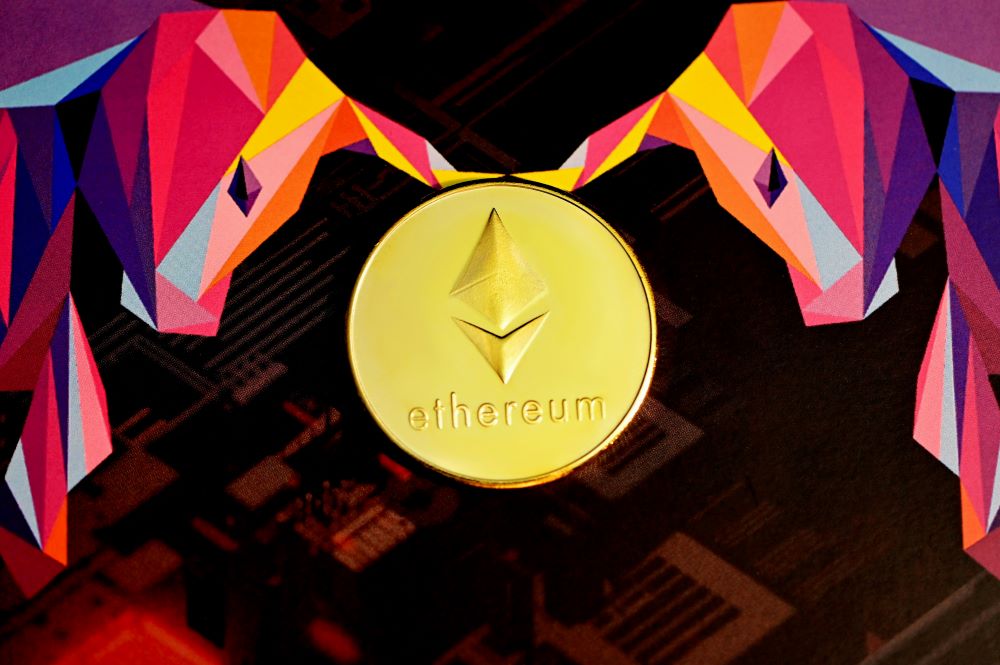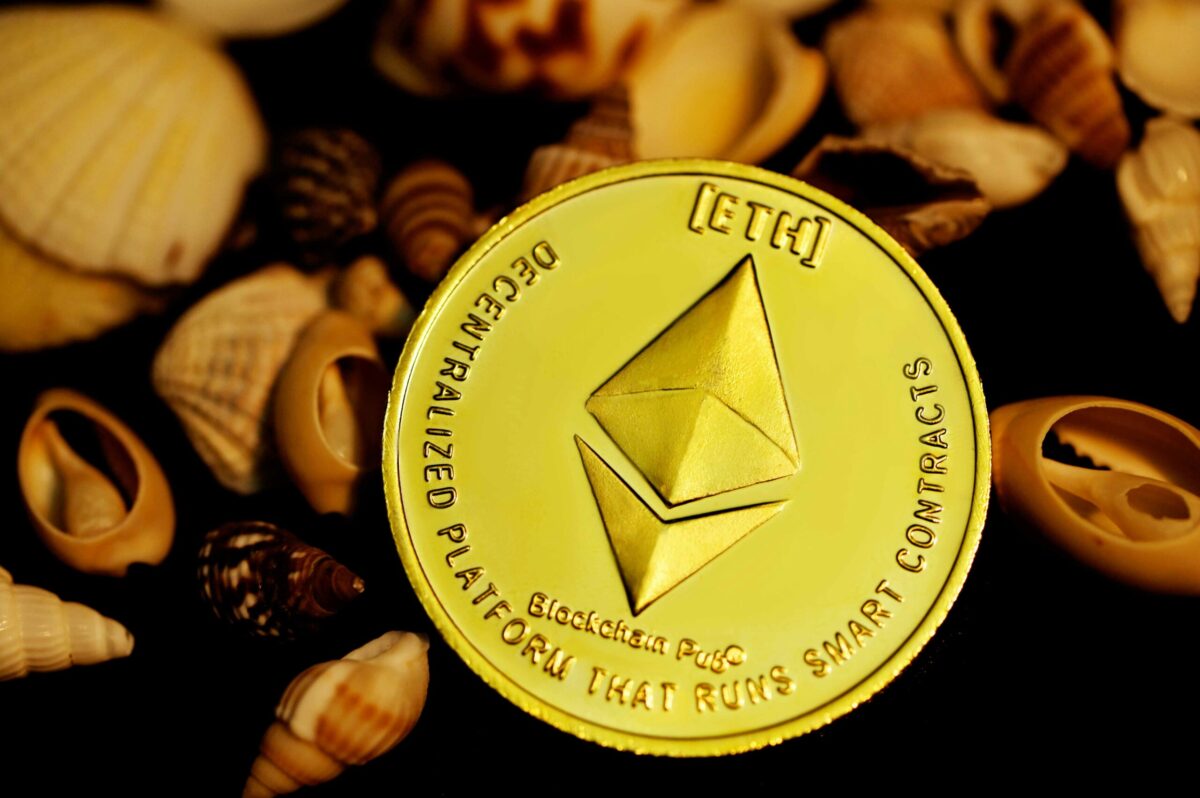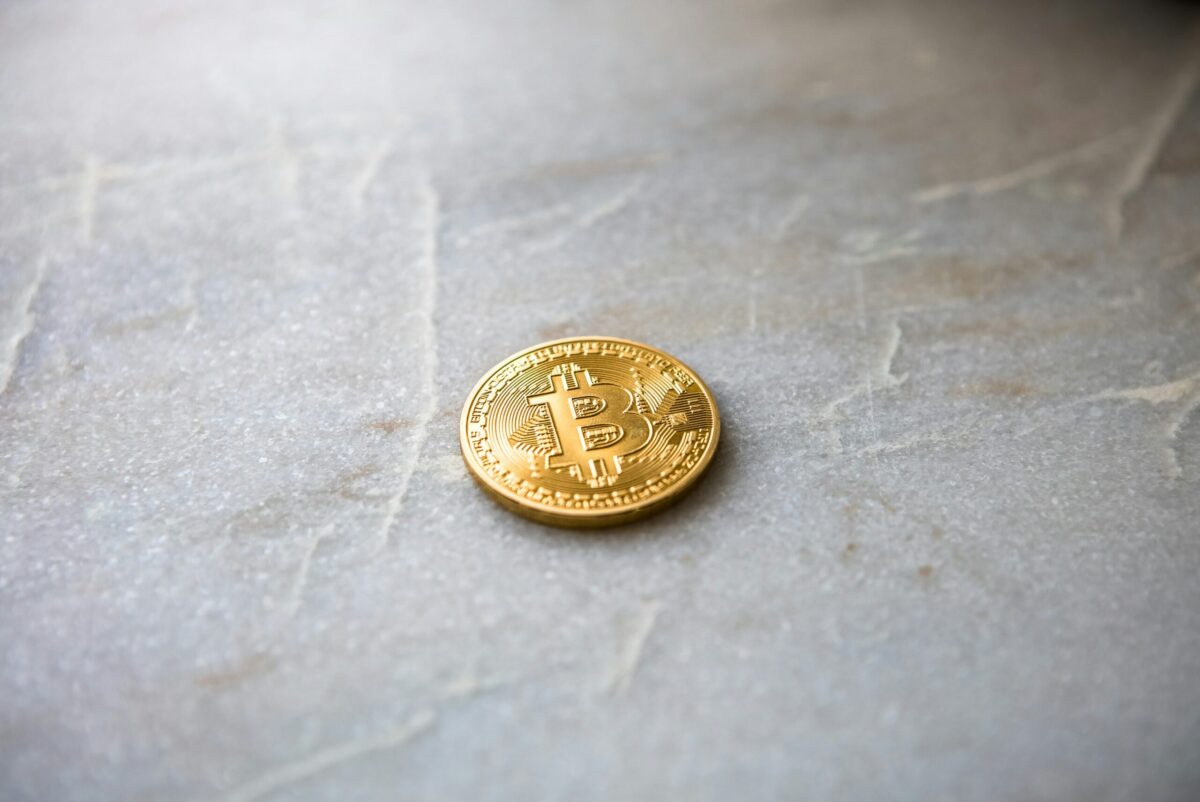Ethereum ($ETH) has recently completed its highly anticipated Dencun software upgrade. This development is intended to significantly lower the transaction costs on the blockchain, especially those utilising Layer 2 (L2) networks such as Arbitrum, Polygon, and Coinbase’s Base.
Post-upgrade, transaction costs that were previously around a dollar are expected to drop to about a cent, and even smaller transactions could see fees reduced to fractions of a cent.
The Dencun upgrade is noted as the most substantial advancement for Ethereum since the introduction of ‘The Merge’ in September 2022, which shifted the network to a proof-of-stake blockchain. However, the latest upgrade primarily focuses on enhancing user experience by reducing gas fees for Layer 2 networks.
The update has been received as a major enhancement to the Ethereum ecosystem, expected to lead to the development of new applications and the possibility of introducing free services.
What is the Ethereum Dencun Upgrade?
The Dencun upgrade signifies the commencement of “The Surge,” a phase in the Ethereum roadmap focused on scalability. Vitalik Buterin, Ethereum’s co-founder, has outlined ambitious goals for this era, aiming to surpass “100,000 transactions per second and beyond”.
At the heart of this upgrade lies the implementation of nine Ethereum improvement proposals (EIPs), with EIP-4844 or proto-danksharding being the standout. This feature introduces what is known as “data blobs,” temporary storage spaces that allow Ethereum L2 networks to more effectively relay their data to the mainnet.
This additional storage capacity is expected to significantly boost the data availability on the Ethereum mainnet and, in turn, lower gas fees for end users on L2 networks.
Community reactions to the Dencun upgrade
The Ethereum community had a mixed reaction following the implementation of the Dencun upgrade. While there was a general sense of optimism about the potential benefits, some users expressed disappointment, primarily due to misunderstandings regarding the upgrade’s specific impacts.
A recent Twitter poll highlighted the community’s divided sentiments, revealing that a significant number of users were still facing high or unchanged transaction fees. This has sparked discussions and clarifications about the upgrade’s objectives, particularly its focus on L2 networks rather than the Ethereum mainnet’s gas fees.
One user noted their initial expectation was for the Dencun upgrade to reduce mainnet gas fees, only to realise that the changes were targeted at L2 solutions. There’s a consensus, however, that the full benefits of the upgrade on gas prices might take some time to materialise for both L2 networks and the Ethereum ecosystem at large.
Since the update went live, $ETH’s value has declined by almost 2%. However, it has still benefited from the recent crypto rally with it up 75% year-to-date.


